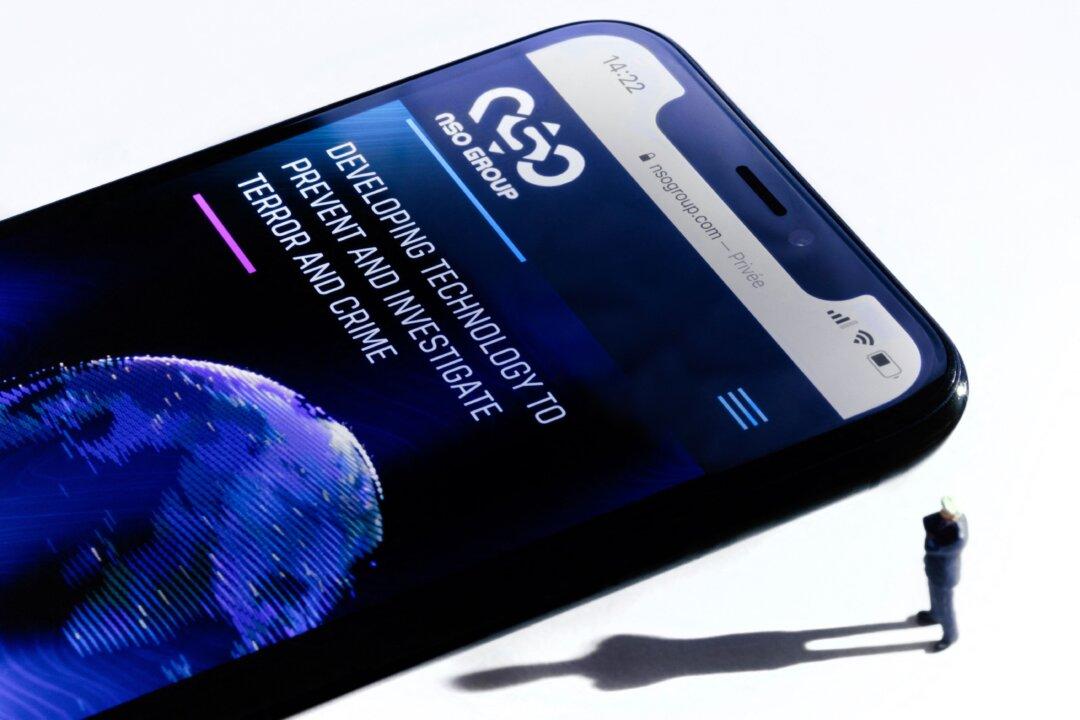The chief executive officer of Pegasus spyware creator NSO Group is stepping down, effective immediately, the company confirmed on Sunday, and 100 employees are being let go as part of a reorganization process, according to reports.
CEO Shalev Hulio, one of the founders of the Israeli technology firm, will be handing over operations to chief operating officer Yaron Shohat as part of the reorganization.




